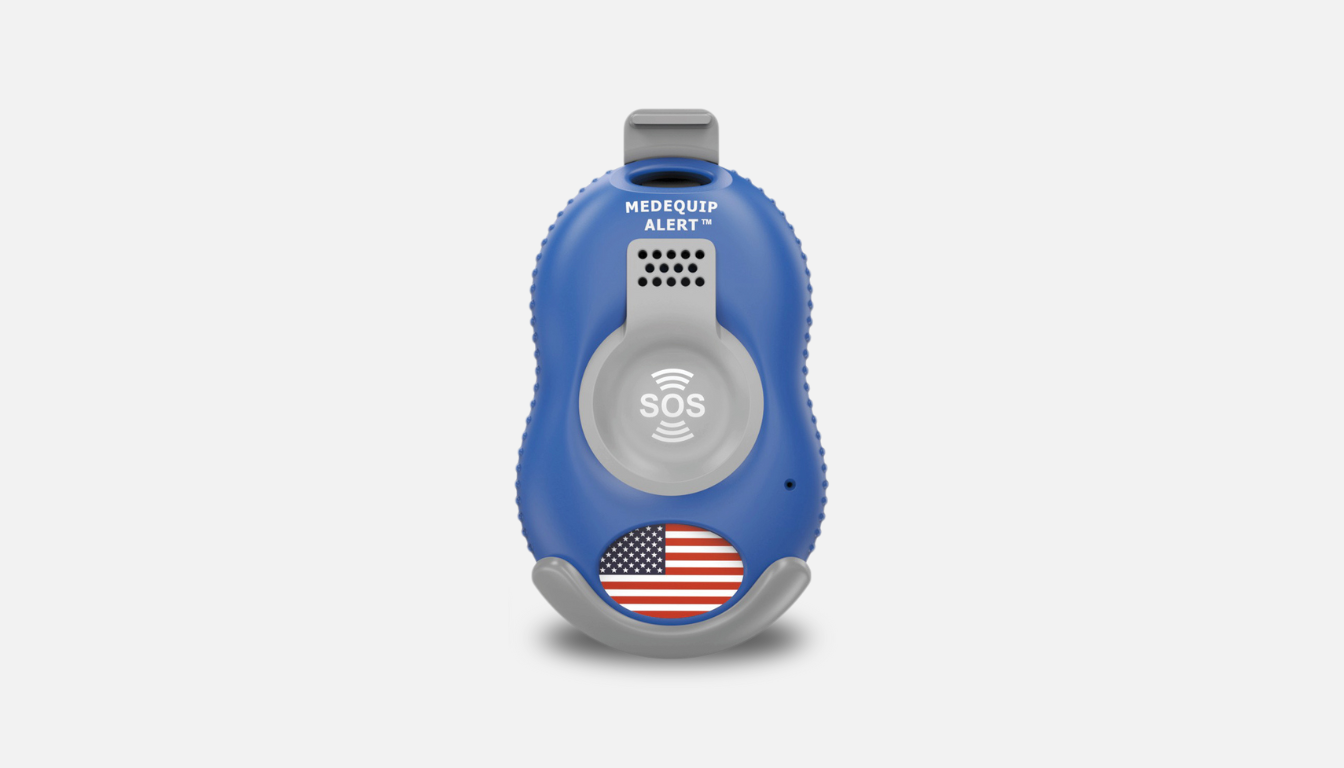
The Lifesaving Importance of Medical Alert Devices for the Elderly
As people age, the risks to their health and safety can increase significantly. From chronic illnesses and medication management t...

Seniorcenters.com is a free resource helping seniors and senior centers across America. Learn about our editorial processes.
Memory Cafes originated in the Netherlands in 1997 and have since spread globally, including to the United States, the United Kingdom, and Australia. The primary goal of these cafes is to provide a stigma-free space for individuals with dementia and their caregivers to relax, socialize, and access resources.
While the term “Memory Cafe” might suggest a traditional cafe setting, the concept goes beyond just a coffee shop. Memory Cafes can indeed be held in actual cafes, but they are often hosted in a variety of community spaces, such as:
Memory Cafes offer a wide range of activities tailored to the interests and abilities of participants. These may include:
Memory Cafes are designed to be inclusive and welcoming to a variety of individuals, including:
Memory Cafes can be held in a variety of settings, such as community centers, libraries, cafes, or churches. The chosen location should be accessible, comfortable, and welcoming.
When planning activities, it’s essential to consider the interests and abilities of participants. Activities should be enjoyable, inclusive, and designed to promote interaction and engagement.
Trained volunteers and staff are crucial for the successful operation of a Memory Cafe. They can assist with organizing activities, providing support to participants, and ensuring a safe environment.
Effective promotion is key to attracting participants. Utilize local media, community bulletin boards, social media, and partnerships with healthcare providers to spread the word about the Memory Cafe.
To find a Memory Cafe in your area, you can:
Memory Cafes play a vital role in supporting individuals with memory loss and their caregivers. By providing a safe, engaging, and supportive environment, these cafes help improve the quality of life for participants and foster a sense of community. Whether you’re living with dementia, caring for someone who is, or simply looking to volunteer, Memory Cafes offer a valuable resource for connection, learning, and enjoyment.
No results available
Browse thousands of Senior Centers from around America. Senior Centers are an integral part of society and are the center of life for many seniors and aging adults.
Find a Senior Center which fits your needs using our search feature and keep up to date on all the latest news.
Click the icon to Ask Anything!
Advertisers are not endorsed by SeniorCenters.com or any senior center listed.
This site is not endorsed by or affiliated with any senior center or organization listed.
Just one helpful email per month – no clutter, just value.